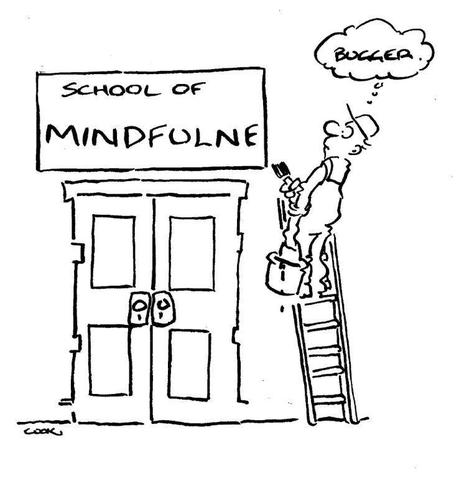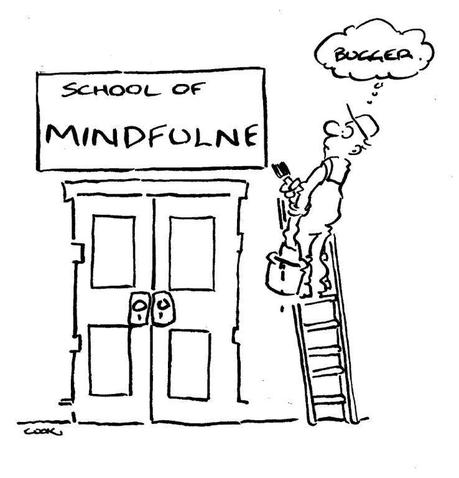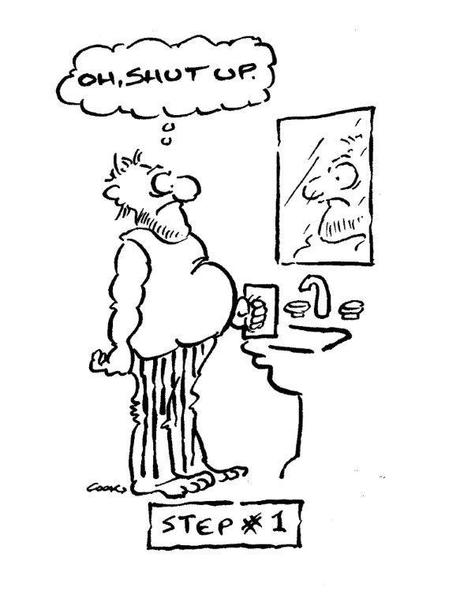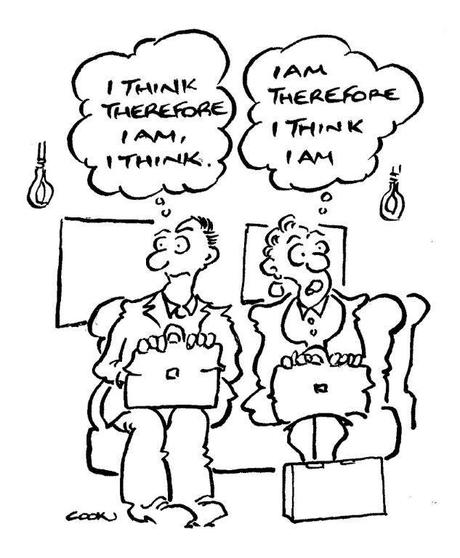

How doing nothing helps.

All of them embrace the notion of mindfulness.
A decade ago, it was virtually unheard of outside spiritual circles. Now everyone is trying it. Even Goldman Sachs offers employees in-house courses on the practice. That’s a firm that regularly turns up in lists of the world’s least-respected corporations. What’s going on?
What is it?
Mindfulness is simple to explain, harder to do. It’s the focus on things as they are right now. Stress is invariably triggered by concerns over what happened yesterday or what is about to happen tomorrow, yet right now, none of those things is actually going on. Some may never even happen. Right now there is nothing to think about.
Equally, there’s an element of mindfulness in focused activity, not unlike being totally absorbed in what you are doing, or an athlete in the so-called “zone”.
In a mindful state, stressful issues can still enter your consciousness. The idea is to change your relationship with those issues: don’t judge them; just acknowledge and accept them. If you can do that, you ease stress.
Why now?

All those things turn up on the job, so it’s not surprising business should embrace it. Workplace research shows it to enhance teamwork, improve leadership, boost creativity and encourage innovation.
How do you do it?
In a word, practice. A quick search will find plenty of simple guides. Most call for some form of meditative process, often with as little as a ten minute daily commitment. That’s just over half a percent of the number of minutes in a day. So, if you think you are too busy, you’re not. You’ve got the time.
I learnt to meditate about sixteen years ago. I’m not religious about it but do so about four times a week. I don’t know how or why it works, but I can categorically state this: when I do it, the other 99% of my day unquestionably goes better. The effect is subtle, but I’m more focused, more productive, less stressed and I feel healthier.
 Is it a fad?
Is it a fad?

Probably, but it’s hard to call something that’s been going for a few thousand years a fad. There are lots of reasons people find it hard to do. There are two things you should get over if you are going to try it.
One is, you worry you can’t quieten your mind. That’s right. You can’t. The idea is to notice your thoughts, not worry about them. You practice not buying into them. That’s a useful skill in any situation, business or otherwise.
The other is doing it to achieve an outcome. If you meditate with the aim of becoming amazing, you probably won’t be. Whereas if you try just being there, free of judgment and accepting what is, you might find that you’ll be quietly amazed at the result.

